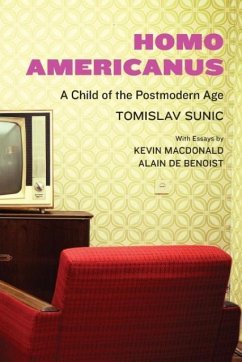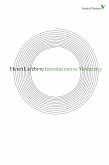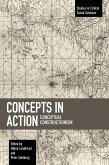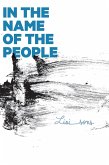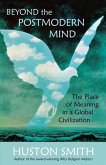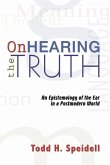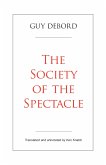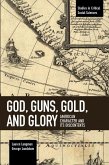The end of the Cold War was accompanied by the triumph of the "American Way of Life," not to mention the American-led financial system and global order. With Communism and Fascism in the dustbin, few were willing to question the legitimacy of such moral buzzards as "democracy," "freedom," "rights," and "diversity." "Communism was a make-belief system, which, ironically, citizens never really believed in, and which everybody, including Communist party dignitaries, made fun of in private. Eventually, this mendacity spelled the death of the ideology and even the legitimacy of Communist states. In America, however, politicians and scholars, even the masses, passionately believe every word of democratic pablum." First published in 2006, and now substantially expanded and revised, Tomislav Sunic's *Homo Americanus: A Child of the Postmodern Age* examines the history and "political theology" of America and Americanism-as well as their mirror reflections, Communism and "Anti-Americanism." Today, millions of Americans pride themselves in living in a kind of universal nation and home for all peoples. But Americanism has a peculiar history. The "Shining City on the Hill"-a favorite metaphor of Ronald Reagan, neoconservatives, and even Barack Obama-was first voiced by Puritan John Winthrop, who, before setting foot on land, declared the New World to be a New Jerusalem. Sunic interrogates this religious quality to American identity, and speculates as to the future of the American ideology in the multicultural 21st century. Included in this volume are an introductory essay by Kevin MacDonald, on the Jewish question in American history, and a new Afterword by Alain de Benoist, detailing the perspective on America from the European New Right.
Hinweis: Dieser Artikel kann nur an eine deutsche Lieferadresse ausgeliefert werden.
Hinweis: Dieser Artikel kann nur an eine deutsche Lieferadresse ausgeliefert werden.

